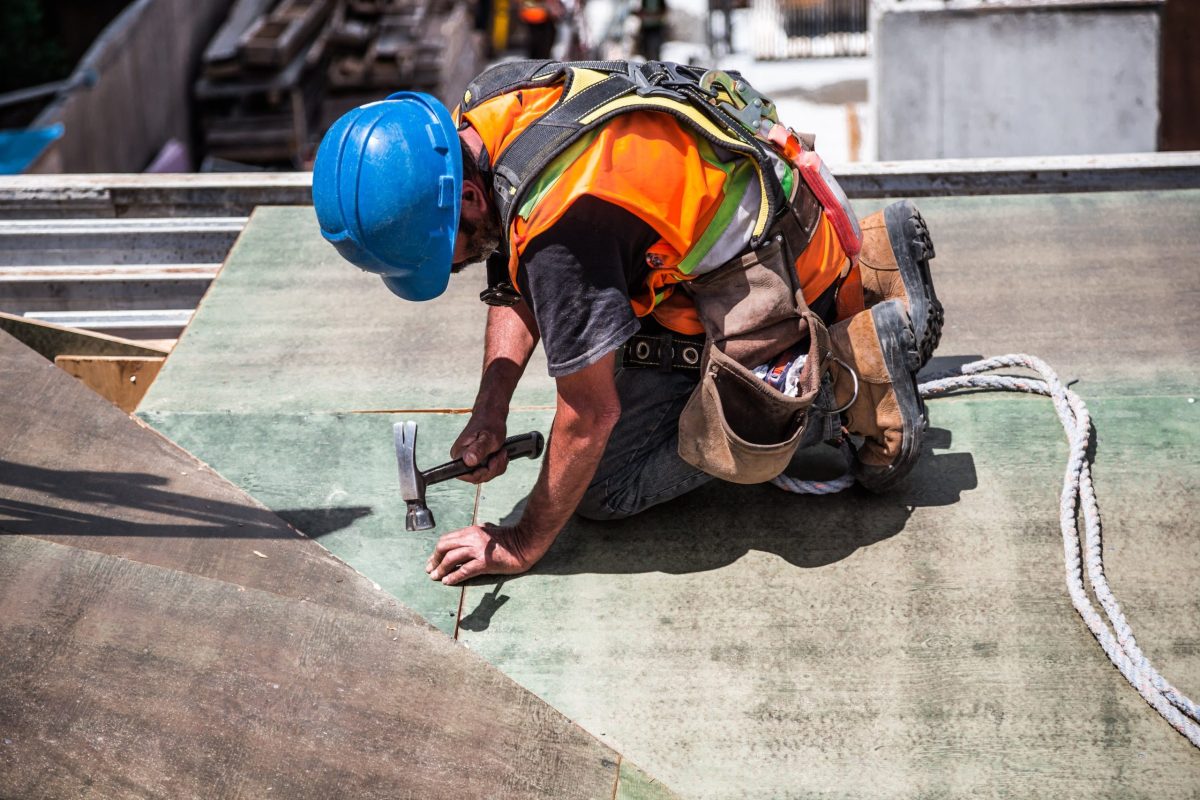


Canada’s skilled trade industries are already in high demand, and that demand is expected to grow significantly through the coming years. As many as 700,000 skilled trades workers are expected to retire from now to 2028, which will only increase this demand nationwide. This is especially true for the construction industry as at least 250,000 workers are expected to retire over the next five years.
As a leader in the construction industry, you know the value of hiring qualified employees that will have a big impact on your organization. If the demand for workers continues to grow over the coming years, you need to be able to quickly and efficiently select workers that will match your needs. That’s where Canadian skilled trades training programs come in.
The Current Landscape of Skilled Trades Training
The increasing demand for skilled workers can be seen in the influx of registration in skilled trade programs. Over the past year alone, Ontario has increased apprenticeship registrations by 24 per cent. This increasing interest in the industry has created a robust landscape for skilled trades training as programs become more well-funded, popular, and efficient.
Most skilled trades training programs are built around industry-specific apprenticeships, designed to give each individual a customized, hands-on learning experience. With the Government of Canada’s 10-year, $36-billion housing strategy coming to fruition in the coming decade, even new construction businesses are thriving, creating more opportunities for apprenticeships nationwide.
Community colleges and specialized institutions across Canada are also expanding pre-apprenticeship learning programs. Historically, programs like these are designed to give students foundational skills and knowledge in a particular trade. However, some institutions have expanded to include specifically targeted training programs for even more directed learning. For example, rather than a general construction pre-apprenticeship, students can study something more targeted like “Construction Maintenance Electrician Pre-Apprenticeship.” These programs are being offered more widely across Canada, creating more specialized knowledge in the same amount of time as other pre-training programs.

Impact Across Real Estate Development and Construction
Better training creates better workers. This rings true across every industry, but it is essential in construction and real estate development. In Canada, the Interprovincial Standards Red Seal Program provides designations to skilled trades workers that meet the national standard of quality in their work and examination. Skilled trades training programs have helped grow the number of Red Seal workers dramatically over recent years, preparing students for their upcoming RSE exams. The primary goal of skilled trades training is to create better workers across the country, expanding the construction industry through quality, skill, and efficiency.
Efficiency is one of the big areas in which skilled trades training programs have impacted developments across Canada. As technology advances at rapid rates, it can be difficult for construction professionals to keep up with changes. However, technology has enormous benefits when it comes to productivity and efficiency for construction sites. Managers have the opportunity to employ trained workers who have been taught about the most modern technology that is impacting their trade. Skilled trades training programs are teaching workers how to apply new technology to specialized tasks, so they can employ it as soon as they enter job sites.
Construction is an industry that historically has required years of experience in order to be successful. However, through expanding training programs and apprenticeships, more and more efficient workers are emerging and making real impacts on sites across Canada.

Hiring Benefits for Industry Professionals
A maintenance mechanic with Skillwork says that “Training can help us to develop a growth mindset, which is essential for overcoming challenges and achieving our goals.” This quote shows that the benefits of skilled trades training extend beyond just the physical learning – training helps workers become better at facing challenges and pushing for better results. As a professional in the construction industry, the workers you want to hire are those who can overcome challenges and create the best possible outcome on each project.
Construction is an area that requires regular retraining and upskilling to keep up with industry changes and safety regulations. However, advanced training programs are providing hiring managers with fully equipped workers right out of the gate. This can cut down on the error rate on your sites, and lessen the need for on-the-job training for workers as frequently, saving you substantial costs over time.
Continuous education is important when it comes to keeping up with industry trends and changes. Skilled trades training grads are coming out of their apprenticeships with current knowledge, ideas for efficiencies, an understanding of the importance of safety, and a desire to expand their skills through your job site. As Canada’s need for more qualified construction workers expands over the coming years, keep in mind the game-changing work going on in skilled trades training. These workers will be the key to safer work sites, more efficient processes, and, ultimately, the expansion of the industry across the country.

Dennis Cinello is Vice President of the Skilled Trades Division at Herzing College, a career-focused post-secondary institution that prepares a diverse student population to meet the needs of a wide array of employers.
Dennis has over 20 years of experience and a strong professional background in the private career college sector. He is passionate about offering effective skilled trades training programs for Herzing’s student population.